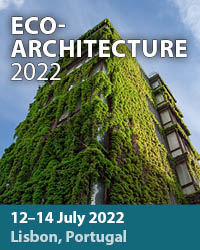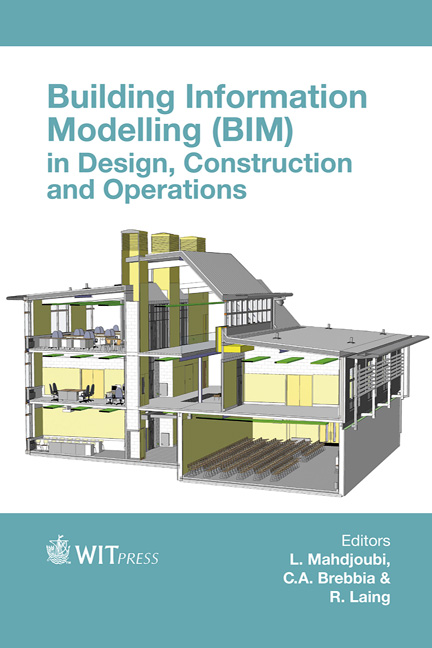Investigating ‘Green BIM’ In A Norwegian Construction Project: An Institutional Theory Perspective
Price
Free (open access)
Transaction
Volume
149
Pages
12
Page Range
519 - 530
Published
2015
Size
291 kb
Paper DOI
10.2495/BIM150421
Copyright
WIT Press
Author(s)
A. K. Lassen, C. Merschbrock
Abstract
Building Information Modelling (BIM) is catching on as the preferred tool in the Architecture, Engineering and Construction (AEC) industry. However, the models are seldom used for simulations such as energy calculations and environmental impact assessments. Yet we know that the AEC industry accounts for a large share of the world’s environmental impacts. When BIM facilitates environmental sustainability in the built environment, it can be called ‘Green BIM’. The research question explored in this article is ‘To which degree is ‘Green BIM’ institutionalized in Norwegian construction projects, and how can this process be improved?’ In order to understand why ‘Green BIM’ is slow to catch on, the authors used institutional theory as a lens to observe the regulative, normative and cultural-cognitive pressures present. Based on a case study conducted in a Norwegian construction project it is conceptualized how current regulations, incentives and perceptions all impact ‘Green BIM’. The analysis is supported by interviews and documents. The case project was a highly profiled renovation project in the Oslo area – an office building which became not only a BREEAM-NOR Outstanding building and a building which produces more energy than it consumes, but also one with zero emissions over its lifetime. Furthermore, it was modeled in BIM. Our findings show that ‘Green BIM’ was, for varying reasons, only practiced in a few instances. This study assists in understanding how cultural-cognitive, normative and eventually regulative factors can speed up the implementation of sustainable building design with the help of BIM.
Keywords
green BIM, sustainable construction, environmental assessments, implementation, institutional theory





